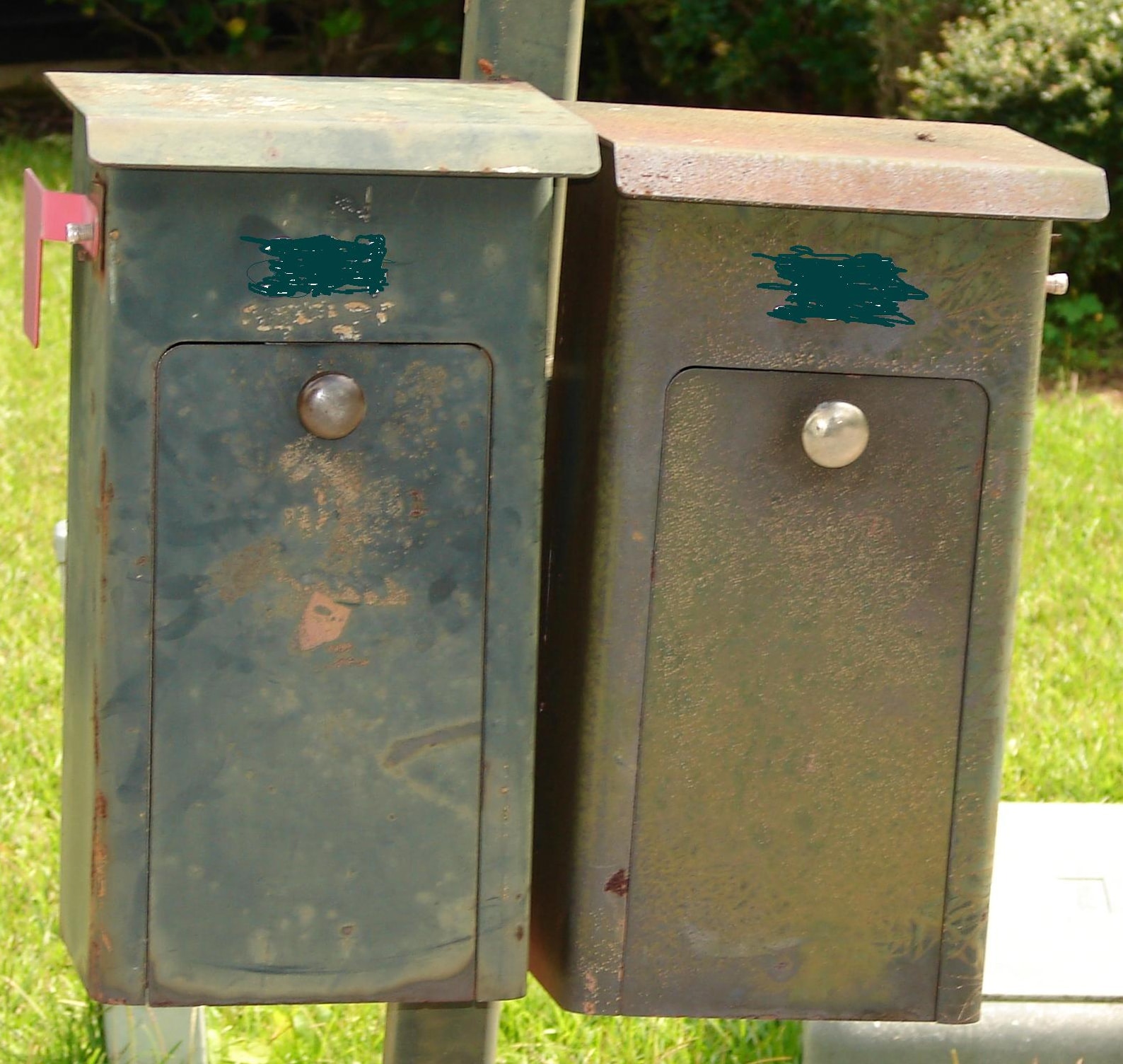While man’s best friend can at times be noisy, it wouldn’t be reasonable to expect your dog never to bark. After all, your dog’s barking might alert you to the presence of an intruder in your home, and there’s nothing like a friendly “Hello” from your best friend to perk up your spirits.
But for dog owners whose animals bark excessively, barking can become a nuisance, not to mention a source of tension among neighbors. If you have a dog who has been showing problem barking tendencies, here are some things you can do to quiet the barking while still keeping your dog happy.
If you’re being disturbed by a neighbor’s barking dog, the best first step is to ask the dog’s owner to stop the noise. There are times when perhaps your neighbor might not even be aware that their dog is barking while they are at work or away from the home unless you let them know.
Below is a “Best Practices” checklist of actions to take when you’re losing patience (or sleep) over a neighbor’s noisy dog.
- Ask your neighbor to keep the dog quiet. This is always the first step that should be taken. The staff at the DIPOA suggests that this initial “neighbor to neighbor” approach goes a long way in establishing boundaries and expectations among neighbors and their pets.
- Contact the DIPOA office and ask that they alert the owner of the dog that the barking is taking place.
- Contact City of Charleston Animal Control authorities at 843-720-3915 and request that they pay a visit to the owner to let them know that a complaint has been received and to enforce local laws restricting noise.
- Call the police at the non-emergency # at 843-743-7200 should it be after hours or on weekends when Animal Control may not be accessible.
- Should the problem not be resolved after multiple requests by the complainant, the DIPOA, the police or Animal Control, your next step would be to contact the City of Charleston Livability Department and ask for their assistance with this nuisance.
Approaching the Neighbor First
- Start by talking to your neighbor calmly and reasonably. Even if you do eventually end up in livability court, a judge isn’t likely to be too sympathetic if you didn’t make at least some effort to work things out first. So it’s a no-lose situation, and if you approach it tactfully and respectfully, you may be pleasantly surprised by the neighbor’s willingness to work toward a solution.
- Sometimes owners are unaware that there’s a problem. If a dog barks for hours every day—but only when it’s left alone—the owner may not know that a neighbor is being driven crazy by the dog. Even if you’re sure the neighbor does know about the dog’s behavior, it may be better to proceed as though they don’t.
- Try to find out the exact problem. It may be easily solved—or the real problem may not be the dog at all.
- Some common problems, such as barking or digging under fences, may be relatively easy to correct with proper training of both the dog and the owner.
Here are some suggestions on how to get the most from your neighbor to neighbor negotiations:
- A face to face request is preferred but you can also leave them a hand written friendly note or give them a phone call to arrange a convenient time to talk.
- If you think it’s appropriate, take a little something to the meeting to break the ice.
- Don’t threaten legal action (or worse, illegal action). There will be plenty of time to discuss legal remedies if relations deteriorate.
- Offer positive suggestions. Once you have established some rapport, you may want to suggest, tactfully, that the owner get help with the dog. Of course, if you make suggestions too early in the process, the neighbor may resent your “interference.”
- Try to agree on specific actions to alleviate the problem: for example, that the dog will be kept inside or quiet between a certain time of day or night, not just that the owner will “try to keep the dog quiet.”
With a little bit of time and some patience, you and your neighbor and their pet, can enjoy plenty of peace and quiet together.







